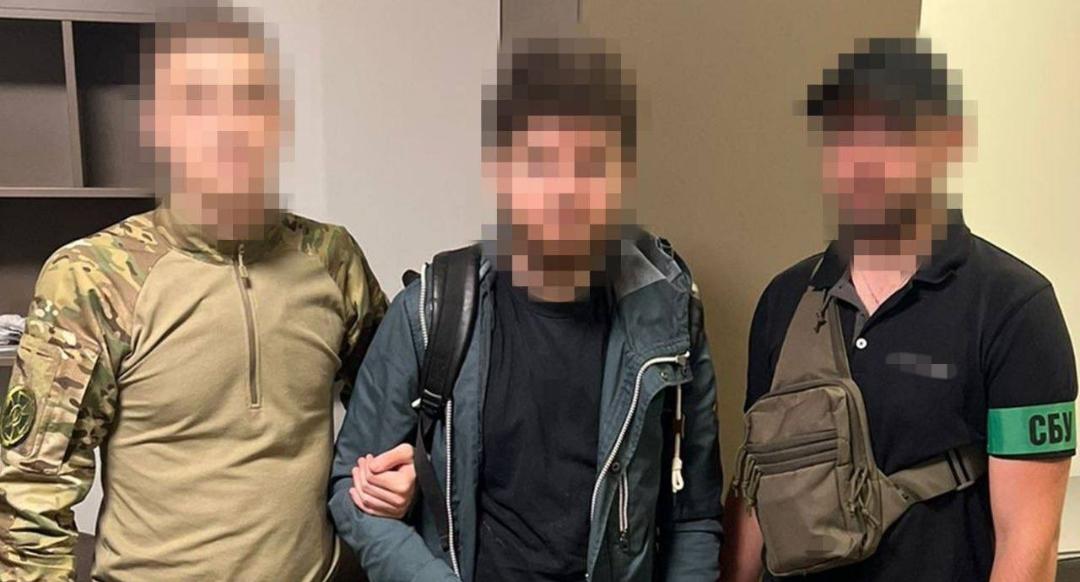
Russian security forces, specifically the Federal Security Service (FSB), have detained nine foreign nationals in Moscow on suspicion of recruiting migrant workers to join a banned international terrorist organization. The operation, carried out in collaboration with Uzbekistan’s State Security Service, targeted a cell allegedly directed by ideologues based in the European Union.
According to the FSB, the detained individuals were involved in recruitment activities aimed at migrants, with the intention of engaging them in terrorist operations. During the raid, authorities confiscated propaganda materials linked to the banned organization as well as communication devices used by the suspects.
This incident comes against the backdrop of heightened security measures in Russia following the deadly Crocus City Hall terrorist attack in March 2024, which claimed the lives of more than 140 people. That attack was attributed to Tajikistani nationals and triggered a wave of intensified scrutiny on migrant communities, particularly those from Central Asia.
Following the Crocus attack, Russian authorities ramped up raids, detentions, and deportations. In 2024 alone, Russia deported around 80,000 foreigners—nearly double the previous year’s figure—amid stricter migration laws aimed at tackling illegal immigration and potential security threats.
The reported involvement of EU-based ideologues points to a possible transnational network, though public details about their identities or the precise nature of their coordination with the detained group remain scarce. Russian authorities have previously expressed concerns that foreign intelligence agencies might be exploiting migrant communities for sabotage and terrorism. Yury Kokov, Deputy Secretary of Russia’s Security Council, has reiterated such warnings, suggesting that external actors may be influencing internal security threats.
While these claims fit into Russia’s broader narrative of external threats impacting national security, analysts note that such statements should be examined critically, given the potential for politicization. The FSB has not disclosed the name of the terrorist organization involved, nor has it specified the exact date when the arrests took place.
The arrests underscore Russia’s continued efforts to address what it views as security risks linked to migration and international terrorism, as authorities move to expand counterterrorism operations and enforce stricter migration control measures.




